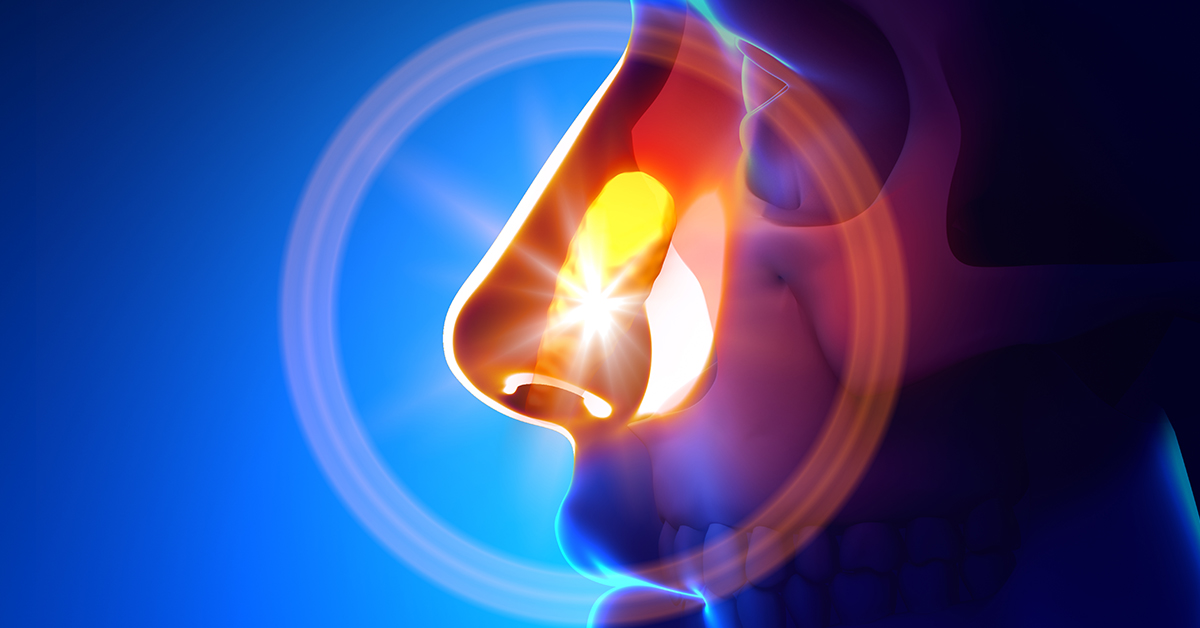
Upper Airway Obstruction
Upper airway obstruction occurs when a blockage exists in your airway. So what exactly is an airway? Good question! At its core, an airway is a passage by which air makes its way from your nose and mouth to your lungs.
An obstruction can make it difficult for air to reach your lungs or completely prevent it from doing so. It can also lead to a number of uncomfortable symptoms such as agitation, confusion, breathing challenges, panic, and unconsciousness. While some airway obstructions are minor, many of them are serious and warrant medical attention immediately.
Causes of Upper Airway Obstruction
When most people think of airway obstruction, they picture a child or adult choking on some food. Although this can lead to this condition, there are a variety of other causes including:
- Swallowing or inhaling foreign objects
- Asthma
- Allergic reactions
- Cystic fibrosis
- Trauma
- Vocal cord issues
- Bacterial and viral infections
- Epiglottis or swelling of the tongue
- Respiratory illness
Since children are more likely to place toys and other objects in their mouths and noses, they are at a higher risk for upper airway obstruction. If you smoke, have serious allergies, or are living with a birth defect or neuromuscular disorder, you have a greater likelihood of developing this condition as well.
Diagnosing Upper Airway Obstruction
If you believe you are living with upper airway obstruction, a doctor will evaluate you for certain signs that may indicate the condition is present. Changes in your typical breathing pattern, a bluish skin color, and high pitched sounds in your upper airway are a few examples of these signs.
In addition, a doctor may perform an x-ray to pinpoint the root cause of your obstruction. If the x-ray does not provide them with an answer, an advanced test called a bronchoscopy may be necessary.
Treating Upper Airway Obstruction
In the event you're choking on a foreign object, the Heimlich maneuver will likely be conducted. If you're coping with severe swelling as a result of an allergic reaction, a doctor may suggest an epinephrine injectors. CPR is a last resort treatment as it can help you if you've lost consciousness and are unable to breathe.
Fortunately, upper airway obstruction can be treated successfully, as long as it's treated right away. The condition can also be prevented by eating slowly, sticking to small bites of food, chewing thoroughly prior to swallowing, and keeping small objects away from children.

